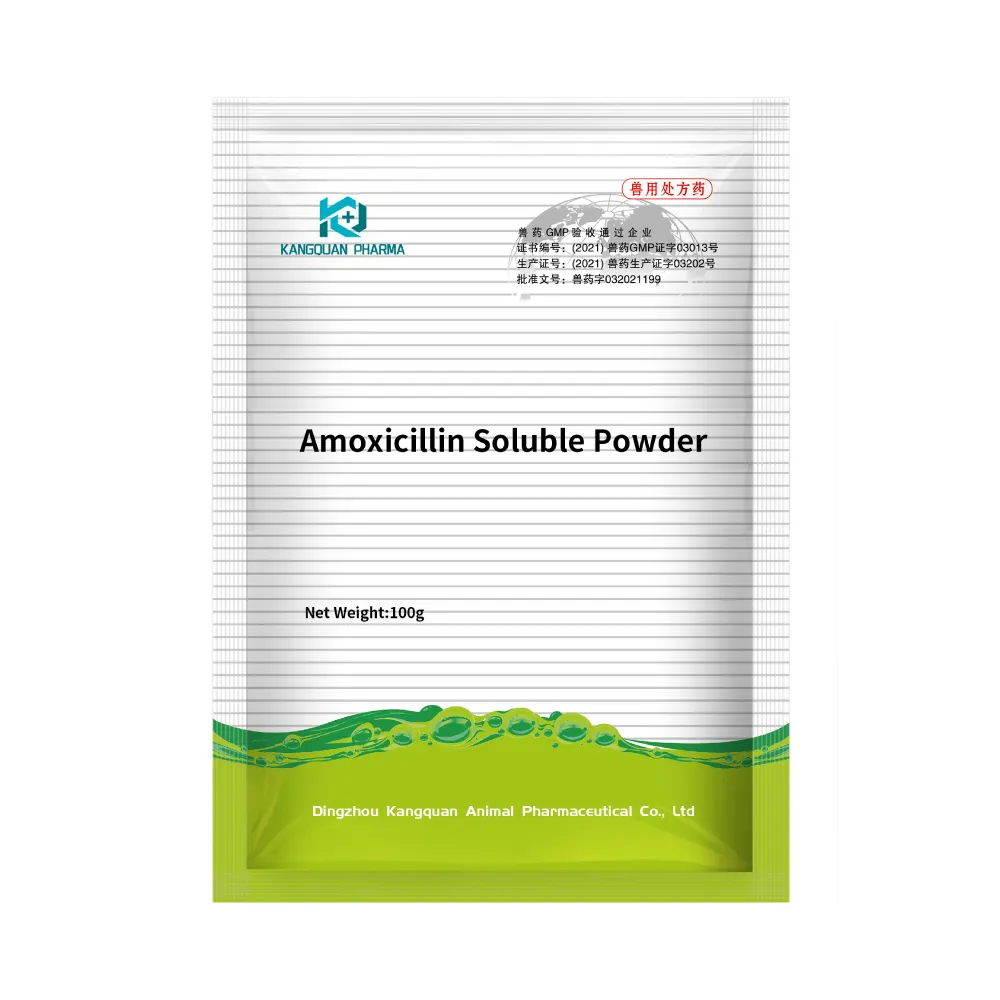- Afrikaans
- Albanian
- Amharic
- Arabic
- Armenian
- Azerbaijani
- Basque
- Belarusian
- Bengali
- Bosnian
- Bulgarian
- Catalan
- Cebuano
- Corsican
- Croatian
- Czech
- Danish
- Dutch
- English
- Esperanto
- Estonian
- Finnish
- French
- Frisian
- Galician
- Georgian
- German
- Greek
- Gujarati
- Haitian Creole
- hausa
- hawaiian
- Hebrew
- Hindi
- Miao
- Hungarian
- Icelandic
- igbo
- Indonesian
- irish
- Italian
- Japanese
- Javanese
- Kannada
- kazakh
- Khmer
- Rwandese
- Korean
- Kurdish
- Kyrgyz
- Lao
- Latin
- Latvian
- Lithuanian
- Luxembourgish
- Macedonian
- Malgashi
- Malay
- Malayalam
- Maltese
- Maori
- Marathi
- Mongolian
- Myanmar
- Nepali
- Norwegian
- Norwegian
- Occitan
- Pashto
- Persian
- Polish
- Portuguese
- Punjabi
- Romanian
- Russian
- Samoan
- Scottish Gaelic
- Serbian
- Sesotho
- Shona
- Sindhi
- Sinhala
- Slovak
- Slovenian
- Somali
- Spanish
- Sundanese
- Swahili
- Swedish
- Tagalog
- Tajik
- Tamil
- Tatar
- Telugu
- Thai
- Turkish
- Turkmen
- Ukrainian
- Urdu
- Uighur
- Uzbek
- Vietnamese
- Welsh
- Bantu
- Yiddish
- Yoruba
- Zulu
7 月 . 29, 2024 21:31 Back to list
Dexamethasone Injection Solution 10 mg per mL for Therapeutic Use and Administration
Dexamethasone Injection A Comprehensive Overview
Dexamethasone is a potent synthetic corticosteroid with a wide array of applications in the medical field. It is available in various forms, including tablets, topical applications, and injectable solutions. One common formulation is Dexamethasone 10 mg/ml injection, which is particularly useful for immediate systemic effects in patients suffering from inflammatory and autoimmune conditions.
Mechanism of Action
Dexamethasone works by mimicking the effects of hormones your body produces naturally in the adrenal glands. It exerts its effects by binding to the glucocorticoid receptor, leading to alterations in gene expression and inhibition of pro-inflammatory cytokines. This results in a reduction of inflammation, immunosuppression, and other critical changes that help to manage various conditions.
Indications
The injectable form of Dexamethasone is indicated in a myriad of situations. It is frequently used to treat conditions such as severe allergies, autoimmune disorders (like lupus and rheumatoid arthritis), and certain types of cancers. Additionally, it plays a crucial role in the management of conditions like croup in children and as part of the treatment regimen for patients suffering from COVID-19, where its anti-inflammatory properties have been shown to reduce mortality rates in those requiring supplemental oxygen or mechanical ventilation.
Dosage and Administration
Dexamethasone injection is typically administered intravenously (IV) or intramuscularly (IM), depending on the clinical scenario and the urgency of treatment. The dosage varies widely based on the condition being treated, with healthcare providers considering factors such as the patient's age, weight, and overall health status. A common dosage may range from 4 mg to 20 mg, given every few hours or once daily, but careful monitoring is crucial to avoid potential complications.
dexamethasone 10 mg ml injection

Side Effects
Like all medications, Dexamethasone has a profile of potential side effects. These may vary in severity and frequency. Common side effects include increased appetite, weight gain, insomnia, and mood changes. Long-term use may lead to more serious issues such as osteoporosis, hypertension, diabetes, and adrenal insufficiency. Due to its immunosuppressive effects, patients receiving Dexamethasone are also at an increased risk of infections.
It is crucial for healthcare providers to weigh the benefits and risks when prescribing Dexamethasone, especially in long-term treatments.
Contraindications
Dexamethasone should be used with caution in certain populations. Individuals with systemic fungal infections, viral infections like herpes simplex, and those with known hypersensitivity to corticosteroids should generally avoid this medication. Additionally, careful consideration is required for patients with active gastrointestinal issues and those with uncontrolled diabetes.
Conclusion
Dexamethasone 10 mg/ml injection is an invaluable tool in modern medicine, delivering rapid anti-inflammatory effects that can be life-saving in acute situations. However, the decision to use this potent medication should always involve a thorough assessment by healthcare professionals, including potential benefits, risks, and alternative treatments. As research progresses and new guidelines emerge, it is likely that the utilization and understanding of Dexamethasone will continue to evolve, improving patient outcomes and safety in various clinical scenarios. Knowing its effects and implications allows healthcare providers to leverage its benefits responsibly in therapeutic settings.
-
The Power of Radix Isatidis Extract for Your Health and Wellness
NewsOct.29,2024
-
Neomycin Sulfate Soluble Powder: A Versatile Solution for Pet Health
NewsOct.29,2024
-
Lincomycin Hydrochloride Soluble Powder – The Essential Solution
NewsOct.29,2024
-
Garamycin Gentamicin Sulfate for Effective Infection Control
NewsOct.29,2024
-
Doxycycline Hyclate Soluble Powder: Your Antibiotic Needs
NewsOct.29,2024
-
Tilmicosin Premix: The Ultimate Solution for Poultry Health
NewsOct.29,2024













